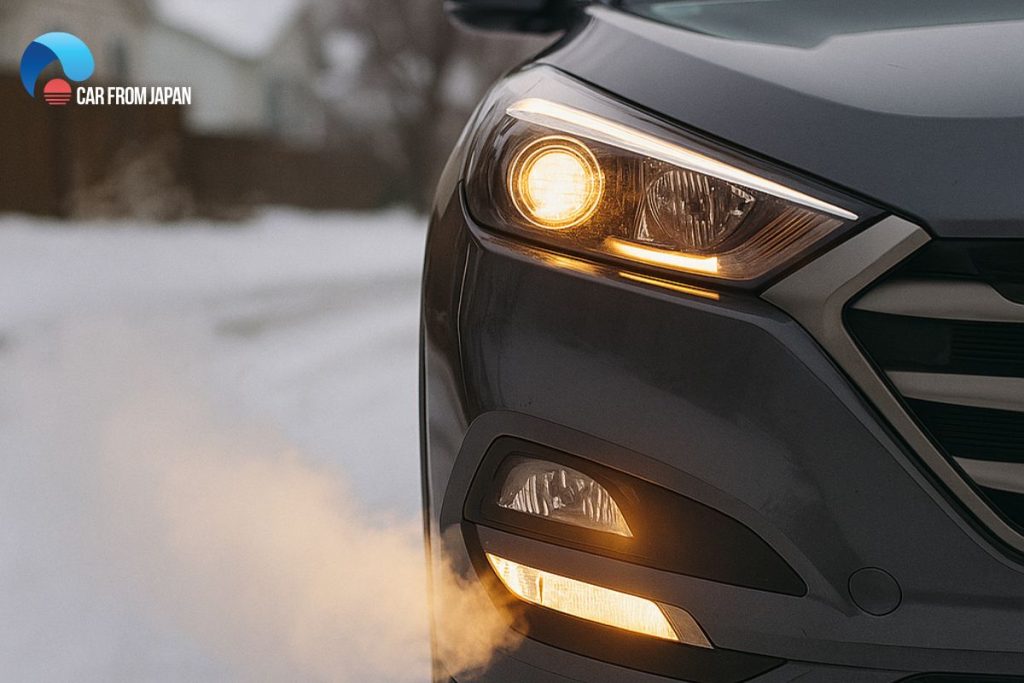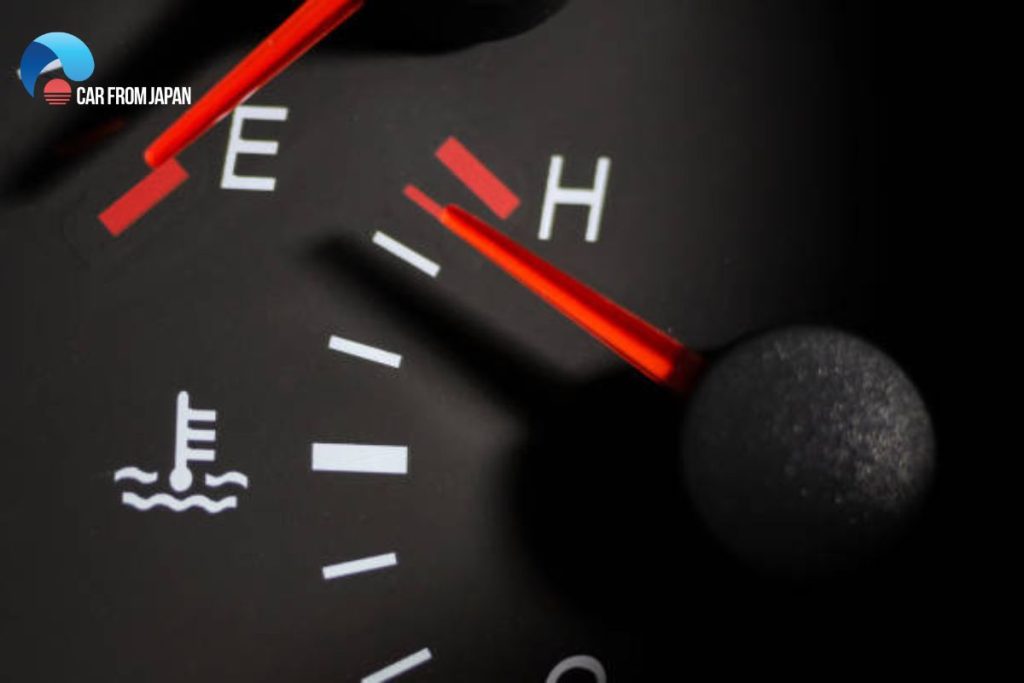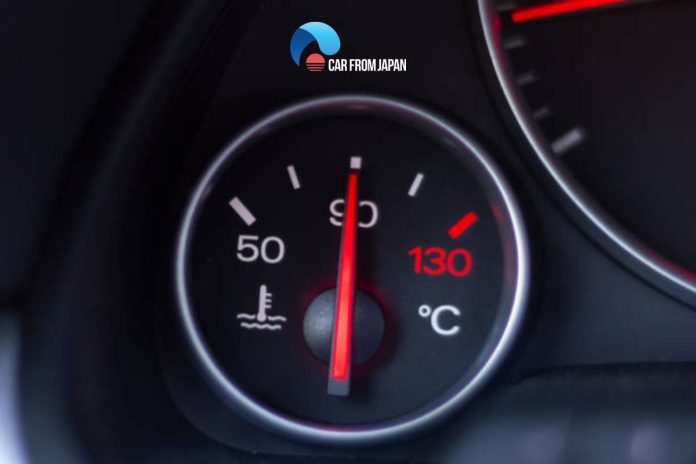Many car owners believe that it’s crucial to warm up their cars before driving off. Several people have been following this practice for a very long time. They usually feel that doing it will warm up their vehicle engine. Hence, it will help their car run smoothly and efficiently. But, is this statement true? Well, let’s discover further what the real truth is behind it and also explore “how long should you warm up car before driving?”
Contents
Should You Warm Up Your Car Before Driving?
Many people often have the habit of starting the car to idling for a few minutes to warm up the engine before running. The reason is that when starting the engine, the engine takes time to warm up. During this time, the carburetor ratio is often not ideal. This ratio is ideal when the temperature rises to a certain level. In addition, starting the engine for idling in the early morning also gives the car enough time to pump up the oil.
Many car drivers have followed the practice of warming up vehicles for ages. But, is that essential? Well, with the earlier models of cars that had carburetors, it was important for motorists to warm their vehicles for a few minutes before driving off. It was because these cars used a manual choke cable that needed to be pulled before starting to ensure the smooth running of the vehicle.

But nowadays drivers don’t need to warm up their cars before they start driving. With the advancements in automobile technology, modern cars don’t require this practice of warming up. These cars come with coolant temperature sensors, air pressure sensors, air temperature sensors, and many more inputs. During the start of your vehicle, the onboard computer system of the car works on this set of input,s and hence the process is known as an ‘open loop.’
The vehicle starts warming up during the open loop, and in the meantime, the computer compels the engine to respond to the list of inputs involved with warming up. Once it’s done, the engine enters a closed loop, and hence it is warmed up. Thus, there’s no need now to warm up your vehicle by keeping it idle for some time. The engine warms up and is ready to drive despite the temperature.
Check out this video to find out more details:
How Long Should You Warm Up Car Before Driving?
However, ignoring the warm-up of the engine after starting the engine (especially in the morning or in the winter) does not mean that it is possible to “force” the engine to operate at high intensity immediately.
In older cars with carbureted engines, a longer warm-up period was recommended to ensure proper fuel combustion and engine performance.
As a general guideline, it is typically sufficient to let your car idle for about 30 seconds to a minute before driving, especially in moderate weather conditions. During this time, the engine oil can circulate and reach its optimal operating temperature, ensuring proper lubrication. However, there is no need to excessively prolong the warm-up period.
That being said, if you live in extremely cold climates, it may be beneficial to let your car idle for a few minutes to allow the engine to warm up slightly before driving. This can help prevent excessive wear and tear on the engine components. However, it’s still recommended to drive gently during the initial minutes until the engine reaches its normal operating condition.

FAQs
How to know when a car is warmed up?
The easiest way to know your car is warmed up is by watching the temperature gauge on your dashboard. When you first start the car, the needle will be on the “C” for Cold. After a few minutes of gentle driving, the needle will climb and settle right in the middle of the gauge and stay there.
How quickly should my engine heat up?
How quickly your engine heats up mostly depends on the outside temperature. On a normal day, it usually takes about three to five minutes of gentle driving for your temperature gauge to climb to the middle. In freezing winter weather, it can take longer, sometimes up to ten minutes to fully warm up. Just remember that driving the car warms it up much more efficiently than letting it sit and idle.
Is it necessary to warm up an engine before an oil change?
Yes, you absolutely should warm up the engine before an oil change. It makes the oil thin and runny, so it drains out much faster and more completely. This also stirs up the dirt and sludge that has settled at the bottom of the pan, ensuring it flows out with the old oil. A quick 5-minute drive around the block is all you need to do the job right.
Conclusion
So, it largely depends on the model, age, and make of your car whether it requires warming up or not. Moreover, idling your car for a longer time can result in several harmful factors. It generates higher levels of an invisible, poisonous, and odorless gas. i.e. carbon monoxide. In addition, it can also degrade the performance of your engine over time. Therefore, you should not allow your car to remain idle for a longer period. You need not pay attention to old advice now.
In case if you want to defrost the windows or heat the interior of your car, you can warm up the engine for a few minutes. But, for driving purposes, it is not at all necessary. Hopefully, now the answer to the question ‘how long should you warm up car before driving’ is cleared. Next time, there’s no need to warm up your car’s engine if you own a modern car.




A question: when or after how long should we switch off our engine after driving for along distant?
It is necessary to leave the engine to idle for some time after driving for along distance, especially if you were driving at night with vehicle electrical accessories turned on eg. Wipers,defroster, headlights etc. This is to allow the battery to recharge fully so you can have enough voltage to restart your engine. For vehicles with turbo chargers, is advisable not to turn off the engine immediately to allow oil circulation for lubrication purposes and gradual cooling of the system. Hope this will assist
I have the same question too
Thanks so much because it was always in my mind, am relieved for now because mine is a modern car which I believe does not need warming as per usual say. Thanks.
Qstn sir.after how many km will I have to change my timing belt in probox?
100,000km is suggested by Japanese Car Professionals
Millions of thanks for your help on warming up engine.
Hi, I have a Hyundai Cantus, when it is started, rpm go up to 1500 after one minute fall down to normal 750/800 rpm, shall I wait for rpm to go to normal before moving the car? Thsnk you.
Yes. That will be safer. Ideally, it should take only 2-3 sec.
1.Why or what problem causes the car go off itself immediately after ignation when it has stayed for long without moving?
2.why do brakes fail for that matter
1) Going out of Fuel can cause this. If the battery has run out because some electronics were turned on (like lights) during the idle time, can cause this too.
2) If your car is turned off, your main brakes will not work – that is by default. Use the hand-brake to avoid disasters.
What of diesel heavy cars, is it not necessary to allow the system to circulate the oil in the system?
Turbocharged engines too, ain’t one supposed to give give it time to allow lubrication of the turbo?
But I heard that a cold engine consumes more fuel &im surprise today to learn that I don’t need to warm the engine of the car. My car is Toyota sprinter 1998 model &in the morning I always leave my on idle for 7 to 10minutes.
Mine too is the same though it’s a 1996 model
Nice piece of information, but you needed to specify the car models that need not warmed up before driving. Please present another article on that
Thanks for your effort to educate motorists. Please keep it up.
Its very helpful.
I secretly follow your tutorial they’ve built me in a very shortime, thanks.
I have a question on a new model toyota hiace van both auto and Manual ,for few that i have driven don’t respond effectively on emergence brake like the toyota hiace shark what is the secret?
Is it advisable to switch off the engine immediately after a long drive?What are the dangers of doing so if any?
The issue of warming up the vehicle before driving was also my question. Thank you so much for your help
Thank you for the information, you need to specify which cars don’t need warming up. I have a 2003 Nissan hardbody 3.3v6. You need to warm it otherwise it starts with high revs and comes to normal when it warms up. Or I have a problem with my car.
Smeone seems to be pushing the pseudo “eco” nonsence really hard. In its owner manuals Honda always advises AGAINST bioethanol in the fuel and FOR warming up your engine. So the only reason for advising against warm up seems to be for saving a few grams of petrol? A few grams? Come on! Better switch off a few chinese plants and return to quality products that LAST.
I have a 2005 Toyota Corolla CE and I usually let it warm up for a few minutes until the needle peaks above the “C” mark.
Toyota chaser takes time to start. New pump installed. Any help
Thank you so much for the information am now cleared on the issue of warming a car before driving.